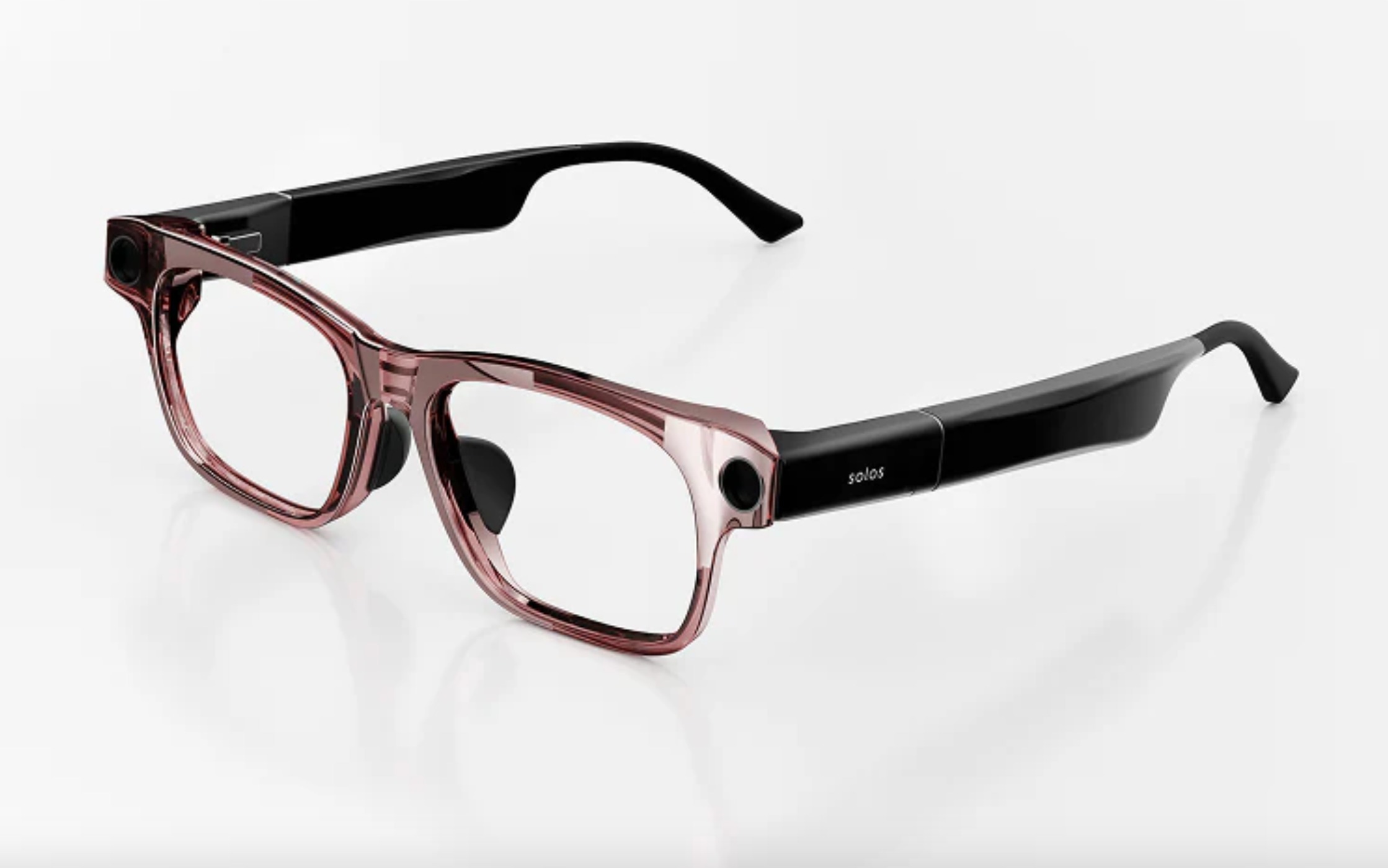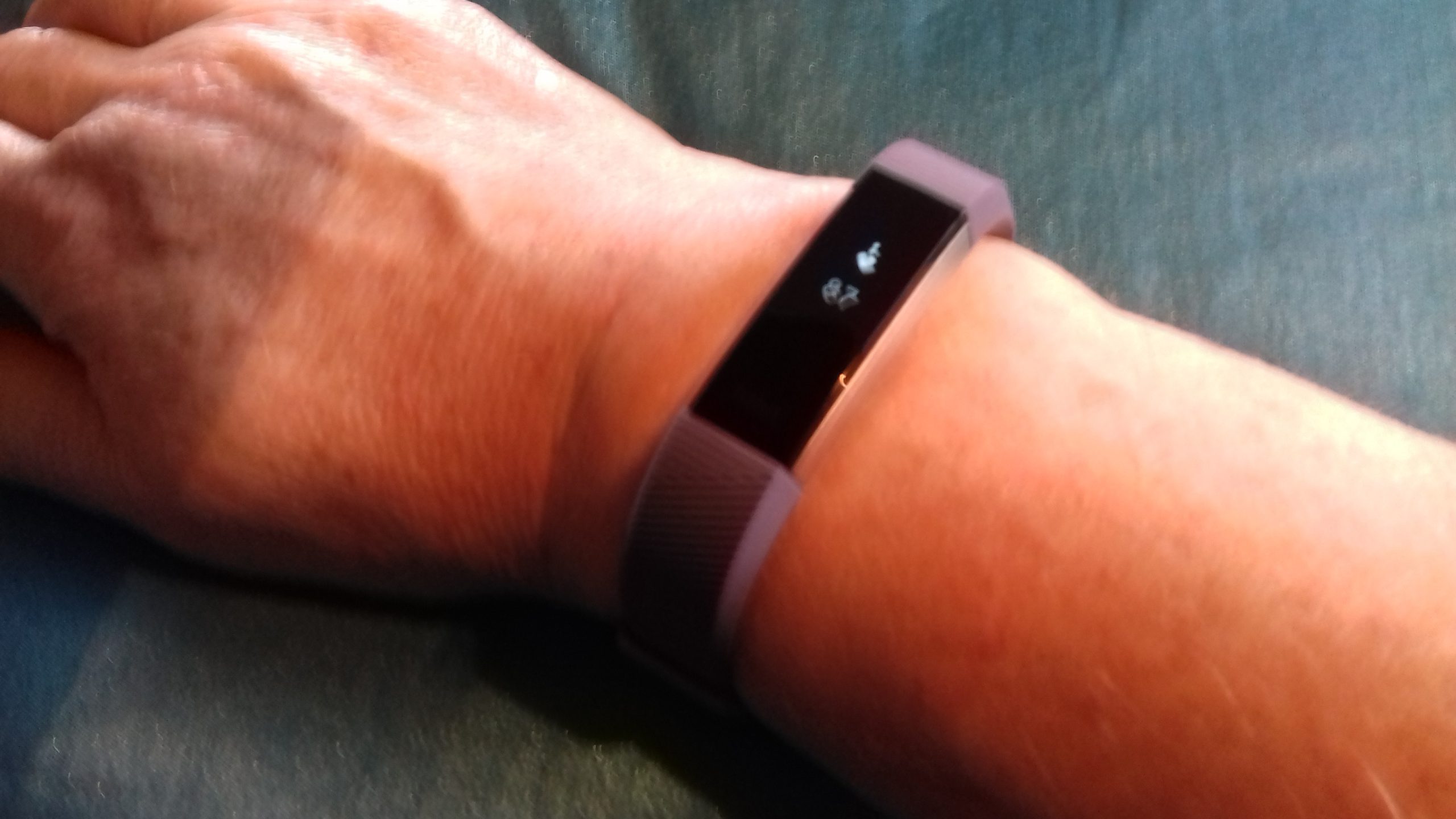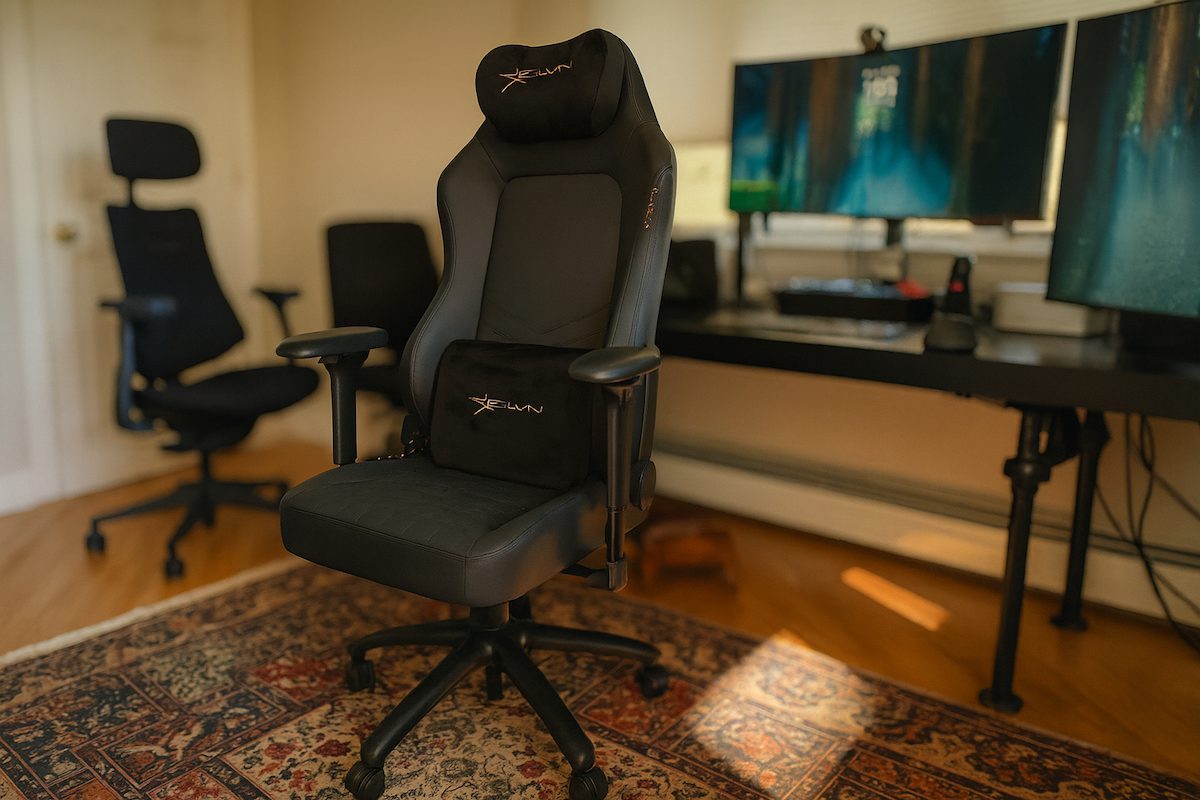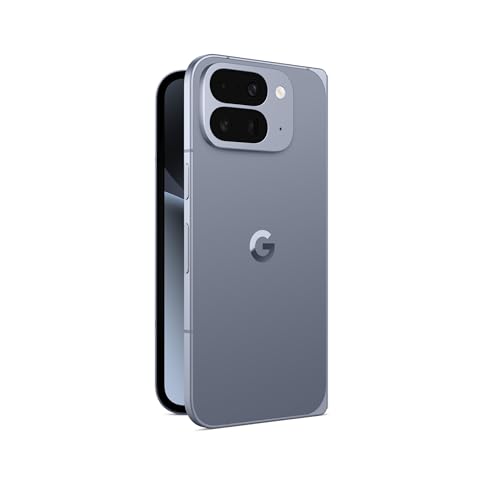Solos partners with assistive tech leader Envision to deliver AI-powered independence for blind and low-vision users
Reading your mail shouldn’t require asking someone else to help. Neither should identifying who just walked into the room or figuring out what’s on the restaurant menu. Yet for millions with vision loss, these routine tasks create daily dependence on others—until now.
Solos has partnered with Envision, a specialist in assistive technology, to launch AirGo smart glasses equipped with Ally, an AI assistant purpose-built for the blind and low-vision community. Unlike typical smart glasses that bolt on accessibility features as afterthoughts, this collaboration puts independence front and center.
Voice-First Intelligence That Actually Works
Ally AI transforms printed text, faces, and environments into clear audio descriptions through natural conversation.
The glasses leverage real-time optical character recognition to read documents, signs, and digital screens aloud instantly. Point toward a menu, prescription bottle, or letter—Ally reads it back in seconds. The AI also describes scenes with detailed context, identifying objects and people while maintaining conversational memory across interactions. Ask follow-up questions about what you just heard, and Ally remembers the context.
Face recognition adds crucial social navigation, helping users identify friends and colleagues at gatherings. The directional speaker system delivers clear audio while keeping ears open for environmental sounds—essential for safe navigation.
Beyond Assistive Tech Stereotypes
Modular design and mainstream pricing signal accessibility features becoming standard rather than specialized.
At $399 with prescription lens compatibility, these glasses avoid the premium pricing that typically plagues assistive devices—often costing two to three times more than comparable mainstream technology. The lightweight 35-gram frame supports modular customization, letting users swap components for different looks—treating accessibility as design choice rather than medical necessity.
Ten-hour battery life and splash-proof rating support all-day outdoor use. The voice-only interface sidesteps the complexity that makes many smart devices unusable for seniors and those uncomfortable with touchscreens.
Independence Through Information Access
Real-world scenarios reveal how AI assistance transforms daily navigation and social interaction.
Consider navigating a new coffee shop: Ally reads menu boards and describes the layout. At work meetings, face recognition helps match voices to colleagues. Reading medication labels or checking calendar appointments becomes self-directed rather than requiring assistance.
While the technology shows promise, users should expect a learning curve as they adapt to voice-only interaction patterns, particularly in noisy environments where audio cues may be less reliable.
Preorders launch this month with October shipping, positioning these glasses as accessibility technology that doesn’t look or feel medicalized. For a community often overlooked by mainstream tech development, that distinction matters enormously. The question isn’t whether this AI works—it’s whether other manufacturers will follow Solos’ lead in designing inclusion from the ground up rather than tacking it on later.





























